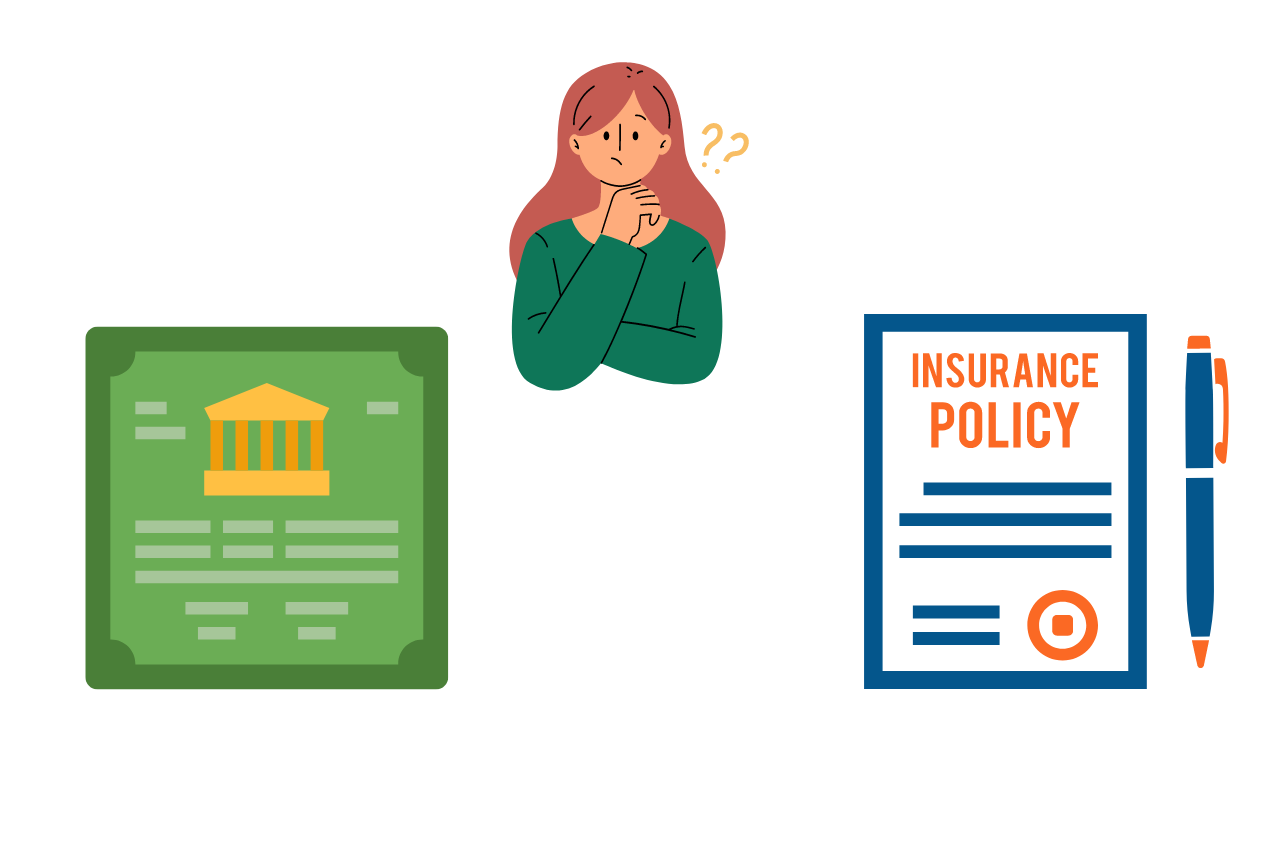
Bonding and Insurance: Key Considerations

Share:
The insurance industry offers a variety of coverage options to protect businesses and their employees. Two common types of coverage are insurance and bonding. So, what’s the difference between the two?
Insurance is a type of financial protection that covers losses caused by events that are out of your control, such as accidents, fires, or theft. Bonding, on the other hand, is a type of financial protection that covers losses caused by events that are within your control, such as fraud or embezzlement.
What Is Bond Insurance for a Business?
Bond insurance is insurance that business purchases to protect itself from losses due to the actions of its employees. For example, if an employee steals money from the company, the bond insurance will cover the loss. Bond insurance is also known as surety insurance.
Bonds are required in a variety of business and court situations, including:
– When a business needs a liquor license
– When a contractor is bidding on a job
– When someone is appointed to a public office
The insurance company that provides the bond is called the surety. The business that purchases the bond is called the principal. The entity that requires the bond is called the obligee.
What Is Insurance for a Business?
Insurance is a contract between a business and an insurance company in which the insurance company agrees to pay the business for losses due to certain events, such as fire, theft, or natural disasters. The business pays a premium to the insurance company for this protection. Insurance is different from bonding in that insurance protects the business from losses due to events that are out of the control of the business, while bonding protects the business from losses due to the actions of its employees.
What Does ‘Insured’ Mean for a Small Business?
The term “insured” refers to the business that is protected by the insurance policy. The insurance company agrees to pay the business for losses that occur due to certain events, such as fire, theft, or natural disasters. The premium is the amount that the business pays to the insurance company for this protection.
What Does ‘Bonded’ Mean for a Small Business?
The term “bonded” refers to the insurance that business purchases to protect itself from losses due to the actions of its employees. For example, if an employee steals money from the company, the bond insurance will cover the loss. Bond insurance is also known as surety insurance.
Bonds are required in a variety of business and court situations, including:
– When a business needs a liquor license
– When a contractor is bidding on a job
– When someone is appointed to a public office
The insurance company that provides the bond is called the surety. The business that purchases the bond is called the principal. The entity that requires the bond is called the obligee.
Differences Between Bonding and Insurance
The main difference between insurance and bonding is that insurance protects businesses from losses due to events that are out of their control, while bonding protects businesses from losses due to the actions of their employees. Insurance is a contract between a business and an insurance company, while bonding is a contract between a business and an insurance company or a surety company. premiums are paid by the business to the insurance company for insurance coverage, while premiums are paid by the business to the surety company for bond insurance.
When deciding whether to purchase insurance or bonding, businesses should consider the risks that they are facing and the type of protection that they need. For example, if a business is concerned about losses due to employee theft, then bonding would be the best option. If a business is concerned about losses due to fire or natural disasters, then insurance would be the best option.
Bottom Line
Insurance and bonding are two different types of protection for businesses. Insurance protects businesses from losses due to events that are out of their control, while bonding protects businesses from losses due to the actions of their employees. When deciding which type of protection to purchase, businesses should consider the risks that they are facing and the type of protection that they need.
Most Popular


Insurance Premiums 101: All You Need

What is Coffee Bloom and why does it happen?





